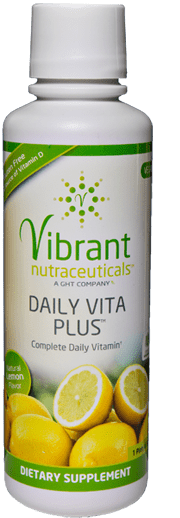Thiamine, vitamin B1 deficiency signs
Vitamin B1, also known as thiamine, was the first water-soluble vitamin to be identified in 1897 and the first vitamin to be synthesized by Robert Williams in 1936.1 Thiamine enables your body to make use of carbohydrates as a source of energy, is essential for the metabolism of glucose, and plays a pivotal role in nerve, muscle, and heart function.
The RDA of thiamine or how much thiamine we need is between 1.1.to 1.4mgs per day for male and females over the age of 18. Pregnant or breastfeeding women of any age should be consuming 1.4mg on a daily basis.2
A deficiency of thiamine can have an effect on the cardiovascular, nervous, and immune systems and commonly results in beriberi, a disease that affects multiple organ systems, or Wernicke-Korsakoff Syndrome which results in persistent alterations in memory formation, along with other encephalopathy-related symptoms such as abnormal eye movements, issues with gait and cognitive impairments.3 Wernicke-Korsakoff Syndrome is primarily seen in people with chronic alcohol abuse.
Initial symptoms of a thiamine deficiency include weight loss, anorexia, irritability, and mental problems, including difficulties with short-term memory. Individuals that experience prolonged thiamine deficiency may develop weakened muscles, a loss of sensation to their extremities, an enlarged heart, edema, breathing difficulties, and ultimately congestive heart failure.4
What foods contain thiamine?
Because vitamin B1 is water-soluble, it’s not stored in your body. Therefore, it needs to be part of your daily diet. Large amounts can be found in:

- Pork
- Beef
- Poultry
- Organ meats
Other good sources of the vitamin include:
- Whole-grain or enriched cereals and rice
- Legumes
- Wheat germ
- Bran
- Nuts
- Brewer’s yeast5
Certain fruits and vegetables, including cauliflower, oranges, potatoes, asparagus, and kale are all good sources of thiamine.
Most people in the U.S. consume the RDA amounts of thiamine in the food that they eat. However, if you feel that you’re not getting enough B1 in your diet, dietary supplements could be useful in providing you with enough thiamine to prevent a deficiency.

If you weren’t getting enough B1 before, you can now!
Thiamine supplements are available to treat or prevent thiamine deficiency. Vitamin B1 supplements are very well-tolerated with almost no side effects.
Daily Vita Plus, offered by Vibrant Nutraceuticals, is a combination of essential vitamins, including thiamine, in a bio-available, lemon-flavored liquid form. A half-ounce shot taken daily will provide you with 100%-500% of the RDA of 13 water- and fat-soluble vitamins.
Browse our website for more information on the benefits of Daily Vita Plus, and take advantage of our easy online purchasing program.
References
1 Carpenter, K.J. The discovery of thiamin, Department of Nutritional Sciences, University of California | S. Karger AG, Basel.
2 Higdon, Jane, et.al. Thiamin, Linus Pauling Institute | Oregon State University.
3 Higdon, Jane, et.al. Thiamin, Linus Pauling Institute | Oregon State University.
4 Wiley, Kimberly D. and Mohit Gupta, 2020. Vitamin B1 Thiamine Deficiency, StatPearls Publishing LLC. | U.S. National Library of Medicine.
5 Vitamin B1 (Thiamine), Icahn School of Medicine at Mount Sinai.
NOTE: The Karger International, Department of Nutritional Sciences, University of California, Linus Pauling Institute | Oregon State University, StatPearls Publishing LLC, Icahn School of Medicine at Mount Sinai, and National Center for Biotechnology Information, U.S. National Library of Medicine, have not reviewed or approved the above article.

